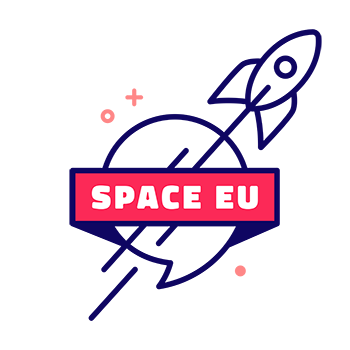
spaceEU will implement an inspirational portfolio of space outreach and education activities. It uses the excitement of space to encourage young people to choose careers in science and technology and evoke the enormity and perspective of space to stimulate a sense of European and global citizenship. In addition to cultivating a scientifically and technically oriented workforce, the project will help broaden support for the European space industry among the public and foster long-term partnerships between diverse cultures and communities inside and outside Europe.
We aim to engage teenagers with the opportunities offered by space science and inspire primary-school children when their curiosity is high, their value systems are being formed, and seeds of future aspirations are being sown. Particular attention will be paid to stimulating interest among girls and minorities and reaching children in underprivileged communities, where the most talent is unrealised. This is necessary not only to increase the diversity of thought within space science but also to maximise the strength and potential of the European space sector workforce.
If you have any further questions feel free to reach out to the EU project coordinator Laura via laura.welzenbach@ars.electronica.art
www.space-eu.org
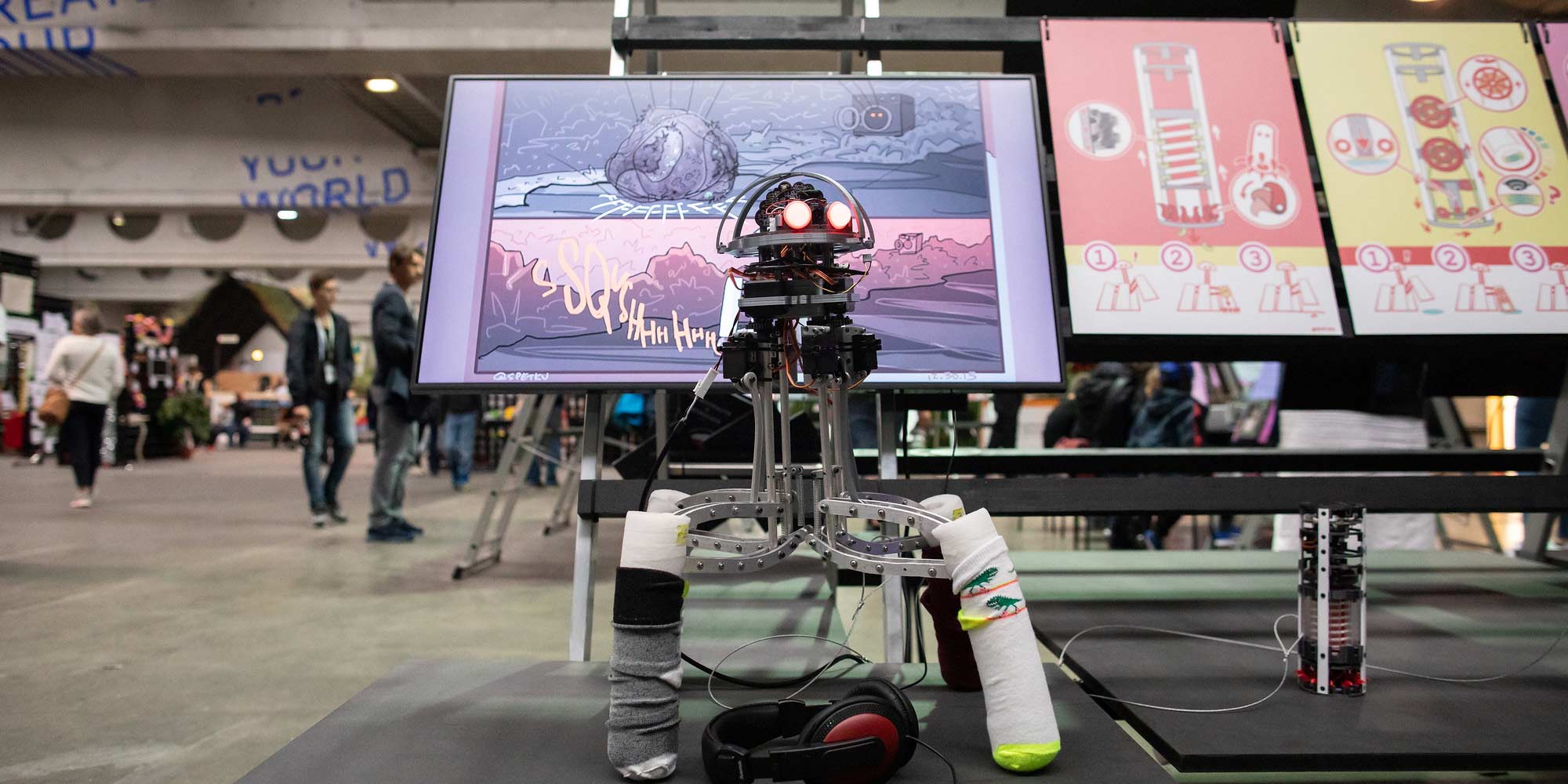
spaceEU / Ars Electronica Festival
Credit: Philipp Greindl
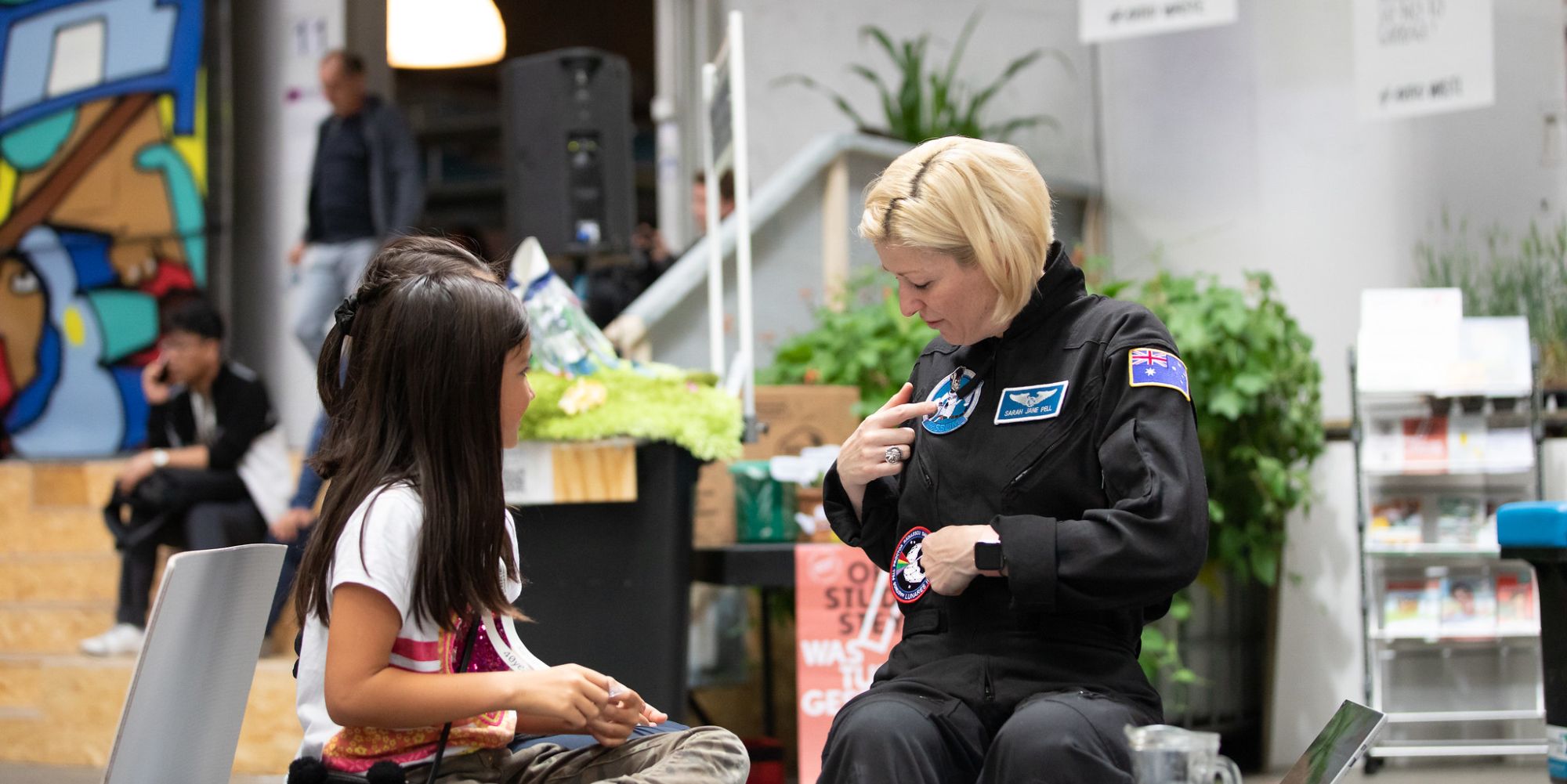
spaceEU / Ars Electronica Festival
Credit: Philipp Greindl
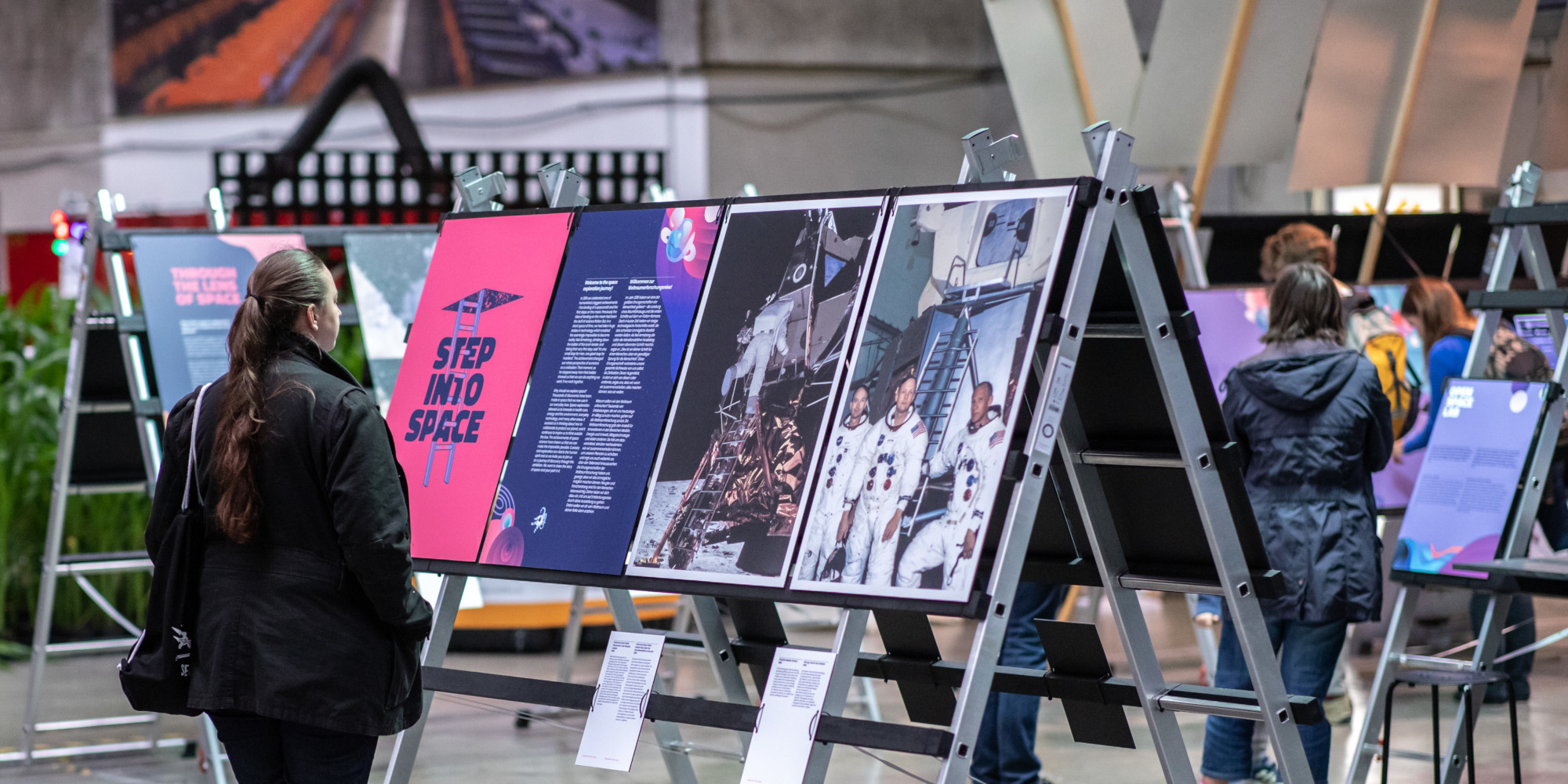
spaceEU / Ars Electronica Festival
Credit: Philipp Greindl
Previous Activities
spaceEU at Ars Electronica Festival 2020:
spaceEU at Ars Electronica Festival 2019:
- spaceEU Exhibition: Step into Space, POSTCITY, create your world, Sept. 5-9, 2019
- spaceEU Activity: Space Café, POSTCITY, create your world, Open Kitchen, Sept. 6, 2019 4 PM—5:30 PM
- spaceEU Activity: space4youth Blue Moon Special, POSTCITY, create your world — Open Cinema, Sept. 8, 2019 2 PM
Further spaceEU activities:
- spaceEU Teacher Summer School: From June 30 to July 5, 2019, our partner in Greece, Ellinogermaniki Agogi, organized the first edition of spaceEU summer school.
- MOOC: Online course for teachers from February 24 to April 8 led by our partners EUN European Schoolnet.
- spaceEU Open Call and Teacher Summer School 2020: Due to pandemic the Summer School had to be rescheduled and will take place online in fall 2020.
- spaceEU Teacher Winter School: As the Summer School could not take place as planned, our partner in Greece, Ellinogermaniki Agogi, organized an online workshop from November 3 to November 13, 2020.
- create your world space tour: With the workshop “Hacking Humans for Space” and “STEAM in Space Space” spaceEU visited classrooms on-site or online. In total eight workshops will be implemented.
Partners
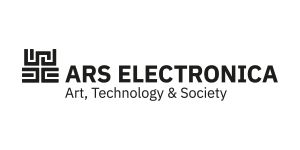 Ars Electronica
Ars ElectronicaArs Electronica is excited to be part of spaceEU and will lead the exhibition and engagement development. spaceEU will carry out a series of activities in ten countries based on successful activities, previously developed by partners. Through that spaceEU capitalises existing resources, experiences and best practices from its extensive networks of STEM education and public outreach. The project commissioned by the European Commission through the H2020 grant is lead by University Leiden in the Netherlands.
ars.electronica.art University Leiden Netherlands
University Leiden NetherlandsLeiden Observatory (Sterrewacht Leiden), the astronomy institute of the University Leiden, is a leading European astronomy research department. Among its major projects are Space Awareness, Universe Awareness, Teaching Enquiry with Mysteries Incorporated, and the IAU astroEDU. The department has considerable experience in scientific outreach and primary school education. It has 20 permanent academic staff, about 50 postdocs and more than 90 PhD students. Its Astronomy & Society group built up a tremendous experience managing and disseminating European and global space education programmes.
www.universiteitleiden.nl Ecsite – European Network of Science Centres and Museums Belgium
Ecsite – European Network of Science Centres and Museums Belgium Ecsite, the European network of science centres and museums, was created in 1990. Ecsite’s mission is to inspire and empower science centres, museums and all organisations that engage people with science, and to promote their actions. Active in the field of science communication, our 350+ members are science centres, museums, research bodies, festivals, universities, planetariums, foundations and learned societies, companies, local authorities… Ecsite members’ convening power draws more than 40 million citizens each year to science-related debates, exhibitions, workshops, events or platforms. As a network, Ecsite catalyses its members’ collective strengths into a powerful voice, at the forefront of public engagement with science.
www.ecsite.eu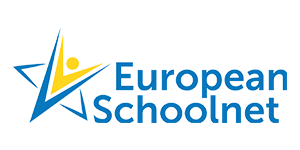 EUN Partnership AISBL European Schoolnet Belgium
EUN Partnership AISBL European Schoolnet BelgiumEuropean Schoolnet (EUN Partnership AISBL, short name “EUN”) is a unique not-for-profit consortium of 30 Ministries of Education in Europe created in 1997. EUN provides major European education portals for teaching, learning and collaboration and leads the way in bringing about change in schooling through the use of new technology. Since its establishment, European Schoolnet has been at the forefront in supporting the European dimension in schools. This goal is achieved through projects, competitions, activities, communication and information exchange at all levels of school education using innovative technologies. European Schoolnet is at the crossroads of national and regional education networks, building synergies between communities of teachers, learners, developers, researchers and policy-makers.
eun.org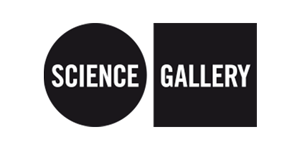
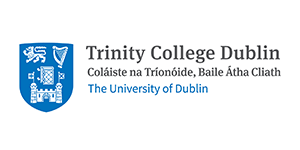 Science Gallery Dublin / Trinity College Dublin Irland
Science Gallery Dublin / Trinity College Dublin IrlandIn 2008, a forgotten corner of Trinity College Dublin was transformed into a living experiment called Science Gallery Dublin. Through a cutting-edge programme that ignites creativity and discovery where science and art collide, Science Gallery Dublin encourages young people to learn through their interests. Since its opening, more than three million visitors to the nonprofit gallery have experienced 43 unique exhibitions, ranging from design and violence to light and love, and from contagion and biomimicry to the futures of the human species and play. Science Gallery Dublin develops an ever-changing programme of exhibitions and events fuelled by the expertise of scientists, researchers, students, artists, designers, inventors, creative thinkers and entrepreneurs. The focus is on providing programmes and experiences that allow visitors to participate and facilitate social connections, always providing an element of surprise.
dublin.sciencegallery.com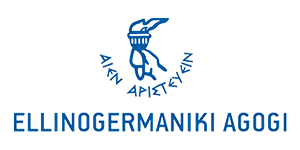 Ellinogermaniki Agogi Greece
Ellinogermaniki Agogi Greece Ellinogermaniki Agogi is one of the most innovative schools in Europe. It has a very strong vision-generated interest and rich research and development activity in the fields of Inquiry Based Science Education (IBSE), Project Based Learning (PBL), and STEM education in combination with digital, online based learning environments and tools that use virtual reality, augmented reality and story-based education. Ellinogermaniki Agogi is continuously modernizing STEM education by promoting and creating user-driven learning environments for students and offering numerous opportunities for teachers’ professional development to be prepared and thrive in the landscape of unprecedented challenges and opportunities in the 21st century.
www.ea.gr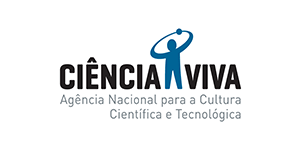 Ciência Viva Portugal
Ciência Viva Portugal Ciência Viva, the Portuguese National Agency for Scientific and Technological Culture, was created in 1996 to promote public awareness of science and technology and science education at a national level, with a particular emphasis on young people. Ciência Viva started as a unit of the Ministry of Science and Technology and is now an association of public bodies and research institutes.
www.cienciaviva.pt
Engagement Nodes
- Cité de l’espace, Toulouse, Frankreich, FR
- Consorcio Parque de las Ciencias, Granada, Spain, ES
- Universum Managementges, Bremen, Deutschland, DE
- SCIENCE IN, Prague, Czech Republic, CZ
- The New Space Foundation, Warsaw, Poland, PL

spaceEU has received funding from the European Union’´s Horizon 2020 Framework Programme for Research and Innovation under grant agreement No. 821832


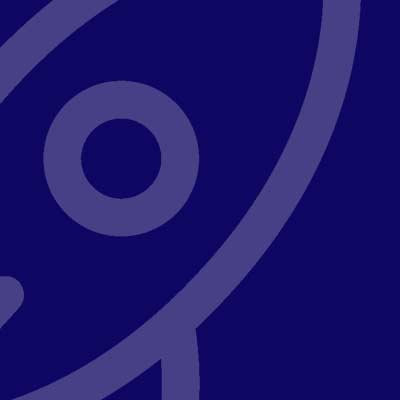













 spaceEU has received funding from the European Union’´s Horizon 2020 Framework Programme for Research and Innovation under grant agreement No. 821832
spaceEU has received funding from the European Union’´s Horizon 2020 Framework Programme for Research and Innovation under grant agreement No. 821832